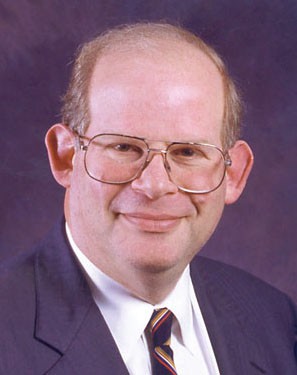About 70% of children diagnosed with attention-deficit/hyperactivity disorder before age 7 retained their ADHD diagnoses several years later, with more baseline symptoms, a parental history of psychiatric disorders, and lower socioeconomic status seen as significant predictors of diagnostic stability over time, a cohort study showed.
In this study led by Dr. Evelyn C. Law of Boston Children’s Hospital, 120 children aged 3 years to 6 years 11 months were diagnosed at a hospital-affiliated behavioral clinic using rigorous ADHD criteria; 73% of the cohort were followed up at a mean of 7 years after their diagnosis. Families were interviewed during follow-up to obtain information on family psychiatric history and socioeconomic status, in the study published online March 17 (Pediatrics 2014;133:1-9 [doi:10.1542/peds.2013-3433]).
The researchers found elevated externalizing symptoms and elevated internalizing symptoms at baseline to be statistically significant predictors of a later ADHD diagnosis. Significant family predictors were a parental history of psychopathology and a lower income-to-needs ratio. Of the children who did not meet criteria for ADHD at follow up, more than half were found to have other developmental or behavioral diagnoses including anxiety, autism spectrum disorder, or learning disorders. However, some children who did not meet criteria for ADHD at follow-up did not have other diagnoses, suggesting remittance of ADHD.
Dr. Law and colleagues acknowledged as limitations of their study that the findings were drawn from a single clinic, that follow-up was not possible for a quarter of the cohort, and that patients’ family incomes were higher on average than for the general population.
However, they said, the study has important implications for clinicians caring for young children with ADHD symptoms. The preschool years are a "sensitive period for intervention," Dr. Law and colleagues said, and clinicians should be equipped to monitor learning, behavioral, and mood difficulties over time.
Children with ADHD diagnoses before age 7 should be reevaluated during their primary school years, and family factors "should be explored more explicitly in clinical settings," the researchers wrote, adding that clinicians should consider parent training programs –something already recommended for preschool-age ADHD children by the American Academy of Pediatrics – as potentially helpful in improving outcomes (Pediatrics 2011;128:1007-22).
Dr. Law and colleagues’ study was funded by the National Institutes of Health, and none of its authors disclosed conflicts of interest.


